Robert | He/Him
Hurricane Watch
Brooklyn, USA
Temperate Broadleaf and Mixed Forests
Urban
Session 1: October 12, 2022
I have a story about a hurricane.
So last year, I was working on a play at the end of August in Boston, and I had actually planned to take a weekend off and go to the beach. I had even invited some people, including my partner and his family, to travel up from New York and go with us.
And then it was announced that a tropical storm was strengthening in the Atlantic Ocean, and it was turning into what was looking like the first hurricane to make landfall in Boston in 30 years. The news said that the storm was headed straight for the city.
It had already been a wild period in terms of climate. I had recently watched my family in Texas deal with power outages due to spring ice storms, and the previous autumn, smoke from wildfires on the West Coast had turned the sky above Boston—which is like 3,000 miles away—completely orange. And the week prior to this incoming hurricane, there had been both tornadoes and hail in the area—both pretty unusual in New England.
When I was a kid, my family lived in another part of the country where there were often tornadoes, so I felt like I understood the need to take serious warnings seriously—to be prepared. And there was the mayor of Boston on TV, telling everyone in the city to put together a supply kit, including a flashlight, extra batteries, nonperishable foods, copies of identification papers. It was very serious. And it felt just like the stories I had watched unfold on TV over and over again in Florida and Texas, which are dealing with these types of storms more and more often.
So as the mayor was issuing these warnings, I was arguing a little bit with my friends about how much we needed to prepare. Because I think of myself as being very serious about climate. And I told my friends, “We have to take this warning seriously and get ready, because if we don’t, it will be too late.” And they thought I was exaggerating. They were like, “It’s gonna be fine.”
So I wound up going to the store alone. I put on all of my rain gear and went out into the city, and I bought a battery-operated lantern, and a bunch of toilet paper (because I remembered how crazy everyone had been about toilet paper at the start of the pandemic). And I looked for a radio, but I couldn’t find one. It was too late.
Then I was hauling all this stuff back home, and I noticed that the city had a really weird atmosphere. It was kind of gray and still, not raining yet, and there were a few other people like me, running around getting supplies like the mayor had told us to. And then there were some other people like having brunch on the sidewalk with like, you know, mimosas and coffee and avocado toast and whatever.
And that discrepancy was maybe my first indicator that something was kind of off. An hour or two later, just when the storm was supposed to begin, it was announced that a powerful wind had blown the storm off course at the last minute, out to sea, and it was not going to hit us at all. It never came. Long story short, the press called it a “nothingburger.” The sun was shining. We could have gone to the beach.
And I felt lucky that we hadn’t been hit, but I also felt grumpy. I felt sort of crazy, because I had been the one insisting that this was real—that the global problem was finally turning into something local that I could respond to in a tangible way, in a way that I couldn’t prepare for the crises that I was watching happen from afar in other parts of the globe or the country. I felt like a climate change denier’s most stereotypical image of an oversensitive liberal: there I was, standing under a sunny sky in a raincoat, holding toilet paper and a battery-operated lantern, making a fuss about an emergency that never came.
I think about this story all the time, because it feels to me like a test, and I don’t know if I passed or not.
But I do still have the lamp I bought that day, and I know exactly where it is, just in case there’s a next time. Just in case I need to be ready.
Robert is a theater artist and editor based in Brooklyn, New York. As a dramaturg, Robert partners with writers, directors, composers, collectives, and institutions to develop new plays and original stagings of classic work. Recent productions include Ferry Tales (Kennedy Center), Miranda Rose Hall’s A Play for the Living in a Time of Extinction (LubDub), 1776 (A.R.T./Broadway), and Claudia Rankine’s Help (The Shed). Robert currently serves as Dramaturg for LubDub Theatre Co and teaches at Harvard University.
